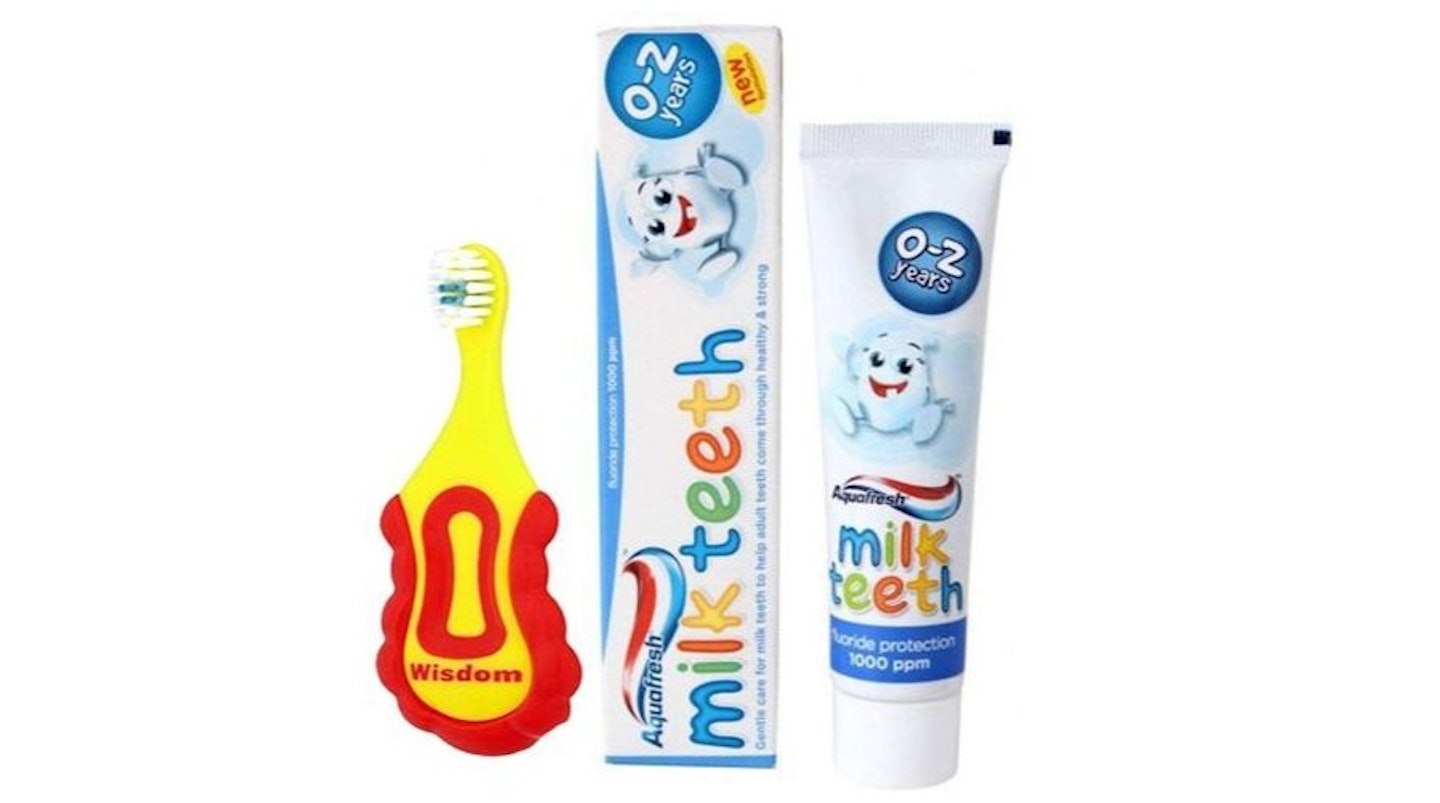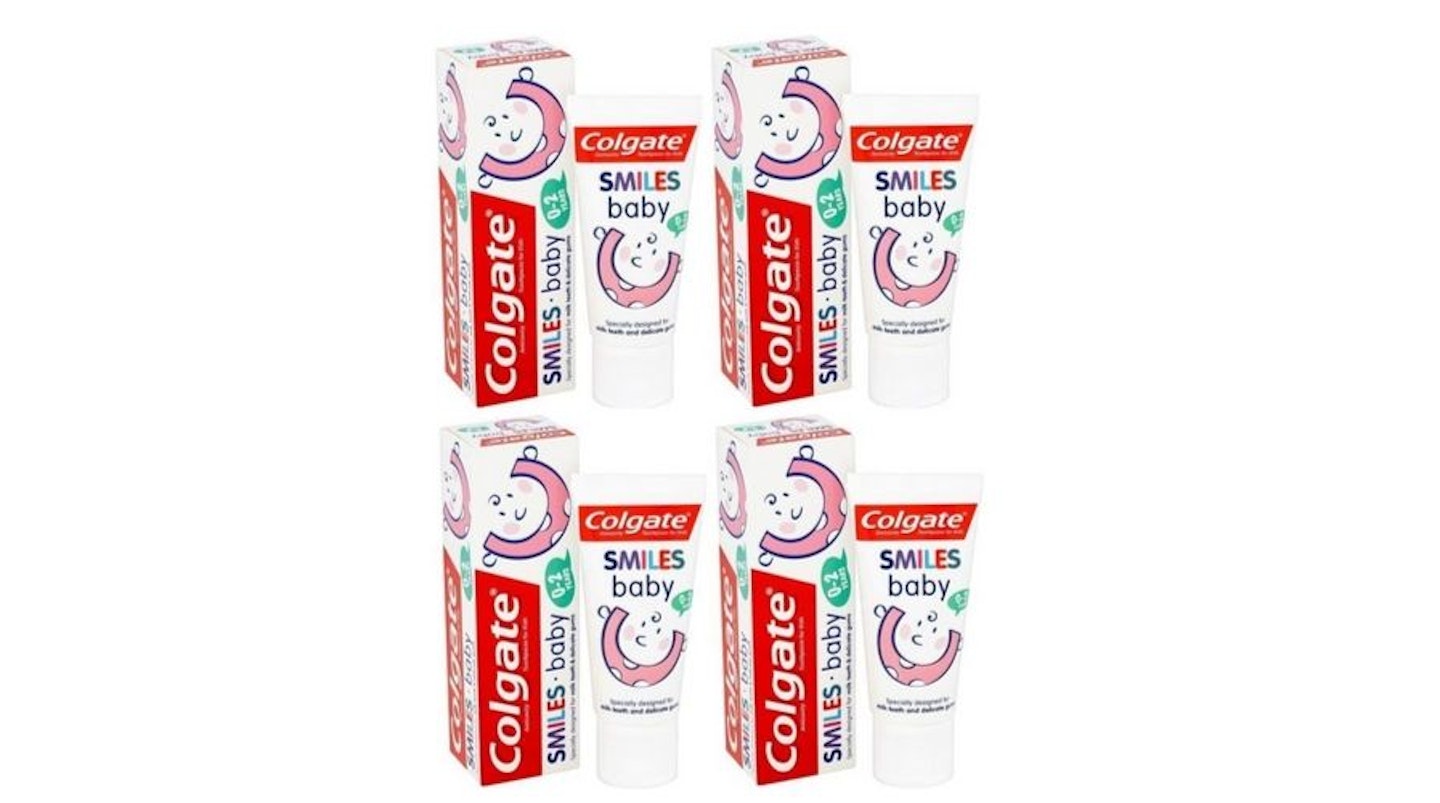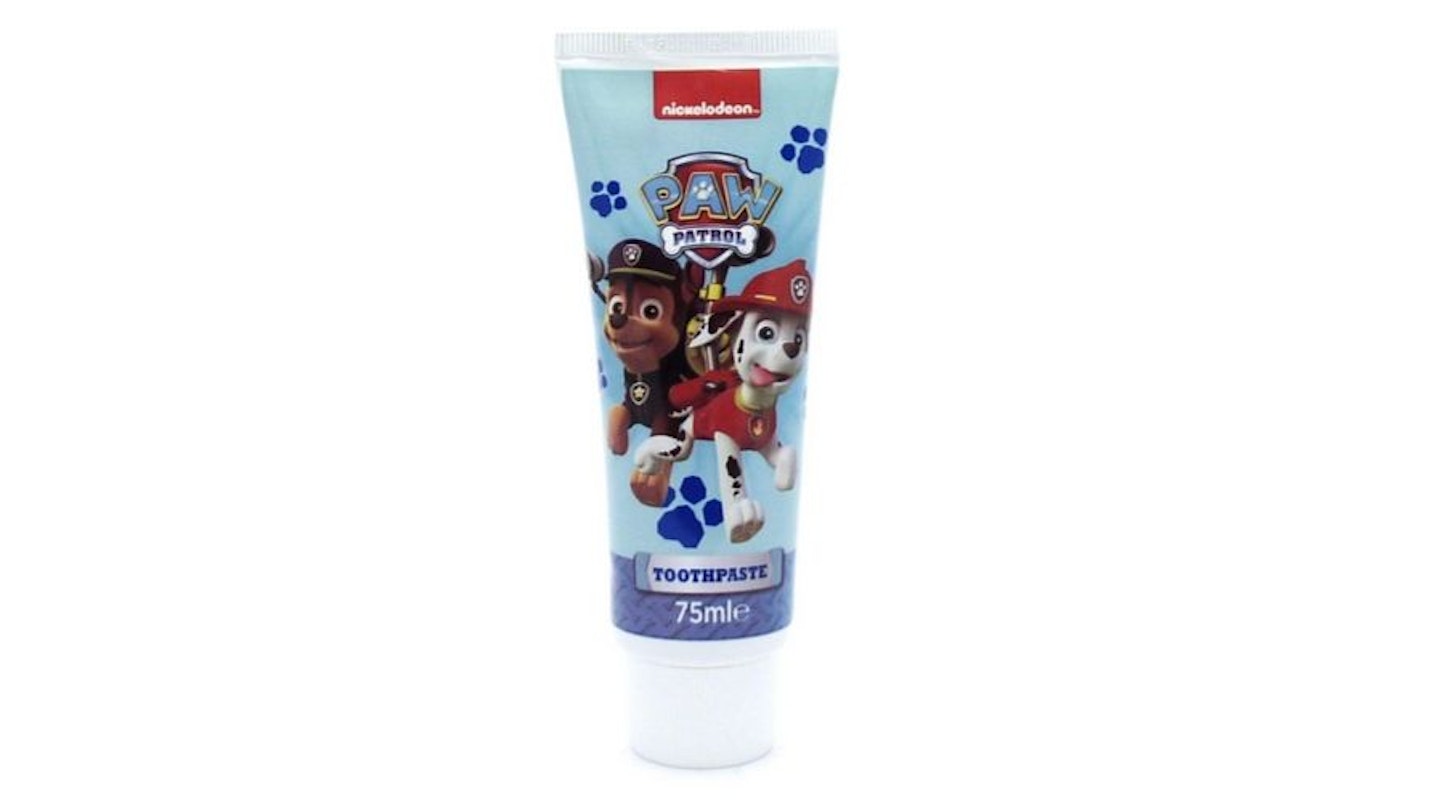Sponsored by Kiddylicious.
Your baby's first set of teeth play an important role in their development. Not only do they help your little one eat so it's best to make sure that their first set of teeth are well looked after. By following our simple tips below, you can ensure great dental care and happy, healthy teeth.
Tip 1: Brushing is key
Just like an adult's teeth, baby's teeth need regular brushing. Using a small, soft toothbrush and a fluoride toothpaste that's been made specifically for babies, begin to brush your little one's teeth as soon as the first milk tooth has appeared.
It's important that you brush their teeth before, rather than after, eating. Why? Well, whenever we eat or drink something acidic, our tooth enamel becomes temporarily softer, so brushing straight away poses risks to teeth, as it can scrub away the protective surface. We recommend waiting at least an hour after your baby has eaten before brushing their teeth, as this will give their enamel enough time to toughen up again.
As tooth brushing will be a new experience for your baby, they may be resistant to it at first. If this is the case, don't worry: keep persevering, you'll get there in the end. Top tip, you could always try using a damp cloth to clean their teeth if your little one is really resistant.
Tip 2: Avoid sugary foods
Even for babies, sugary food can cause tooth decay. It’s important to make sure you're looking closely at food packaging labels when buying your little one's meals. This way, you'll be able to identify products with high sugar content. We advise you steer clear of these meals.
As well as picking meals with a low sugar content, look for ones that are packed with nutritious vegetables, like the Kiddylicious Little Bistro range. These meals really are as good as homemade and contain no added salt or sugar, and are a great source of protein - bonus! What’s even better, is there are 20 delicious recipes to choose from.
Tip 3: Avoid acidic foods
Just like sugary meals, acidic foods (like lemons and oranges) can also wreak havoc with your baby's teeth. Fruit content in meals, which isn't always clearly labelled, is very acidic. Avoid meals that have high fruit content, and opt for vegetable based meals instead. As children are born with a preference for sweet foods, it’s important to introduce them to lots of new delicious savoury flavours early on.
As well as being better for your baby's teeth, vegetable-based meals are great when embarking on the weaning process, especially when soft chunks are involved. Meals that contain a mixture of different vegetables will also introduce your baby to a range of new and exciting flavours, all of which will help to prevent them growing up to become a fussy eater!
If you're not sure where to start with vegetable-packed meals, why not try Kiddylicious Little Bistro Chicken & Vegetable Casserole? Kiddies love it!
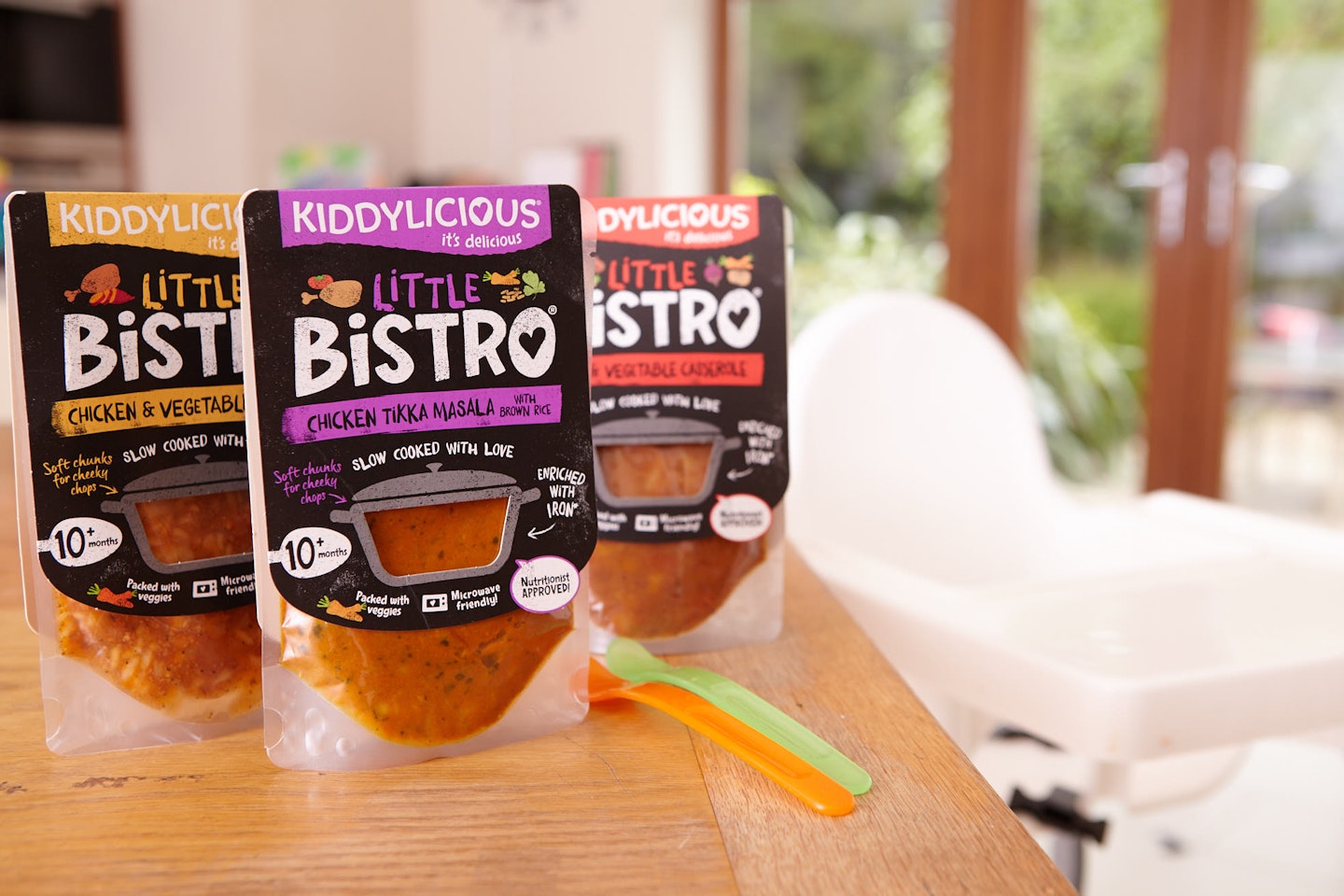
Tip 4: Avoid spouts and drink valves
While drink valves and spouts on ready-made meals may seem convenient, they can have a negative effect on the development of your baby's teeth and mouth.
Prolonged sucking on them can lead to compression of the upper jaw, which hinders it's development. As a result, there may not be enough room for your baby's teeth to grow correctly.
On top of this, sucking food through spouts can cause the food and liquid in the sachets/pouches to pool behind your baby's teeth, which can eventually lead to enamel erosion. To avoid this, we recommend decanting nutritious ready-meals into a bowl, just like you would with the Kiddylicious range.
Tip 5: Introduce solids to encourage chewing
Even if your baby's teeth haven't broken through their gums yet, it's important to introduce solid foods into their diet to encourage chewing.
You can start by introducing soft chunks of vegetables to prepare your little one for a slightly firmer texture, before moving onto more solid finger foods once they're more confident with chewing.
Tip 6: Get your baby used to the dentist environment
Did you know that NHS dental care for children is free? It's true! Once your baby's first milk teeth have grown through, take them to the dentist to familiarise them with the environment. The dentist will be able to help prevent decay and identify any dental and oral problems, too.
Regular dentist visits from a young age will only benefit your little one, and stand them in good stead for the future. And hopefully, the familiar environment will mean that they won't grow up scared of the dentist!
You can buy the Kiddylicious Little Bistro range from all major supermarkets.
Want to shop for toothpaste now? Here are some of our favourites
We do receive commission for purchases made through our links
Shop: The best baby toothpaste
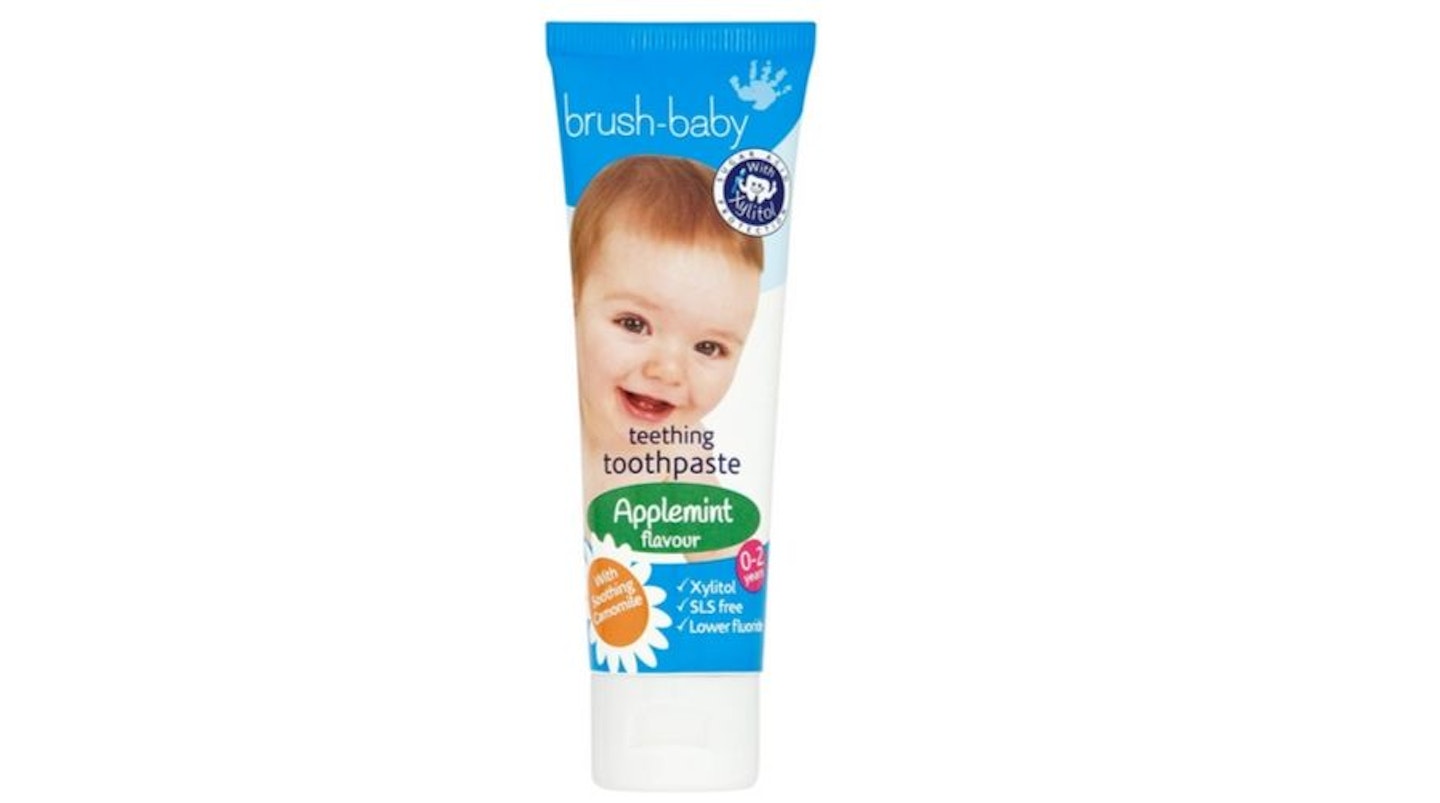
I can't stress enough how important it is to brush your little one's teeth. Not only does this get them in a good routine for when they're older, but this brand tastes great and helps with teething. Win-win!
Why wait? Get your baby's first toothbrush and toothpaste now, even if they haven't come through yet. This is a significant moment for both mummy and child- I'm not crying, you're crying.
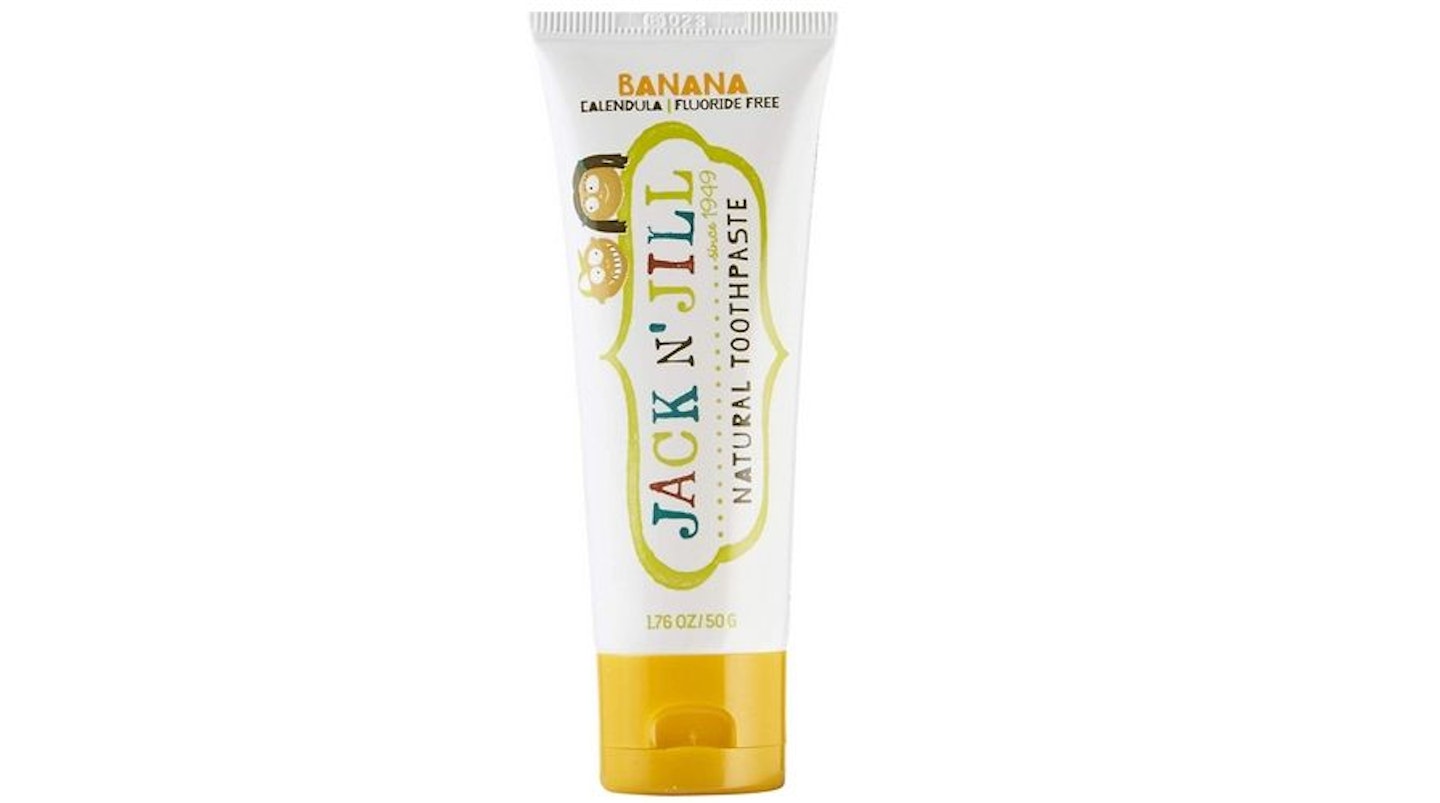
Want an organic way to protect your little one's teeth? Bag this organic banana flavour toothpaste, which is great if they're not keen or mint. Not only is it a fun little way to get them more used to the routine, but it also has recyclable packaging.
Having a baby is expensive! We know how important it is to save the cash where you can. So, instead of forking out for one toothpaste, get four Colgate Smiles Baby for under £8. This will help you to keep your babies' teeth squeaky clean for less.
If you after a fruity toothpaste that'll get your kids rushing to the bathroom to clean their teeth, then this is the one for you. It's designed by their favourite cartoon Paw Patrol and tastes just like bubble gum. No, really! Don't let its sweet flavour put you off as it helps to protect and strengthen teeth.
READ MORE
Weaning guide: 6 Mums share their tips on how to get babies to try new food

